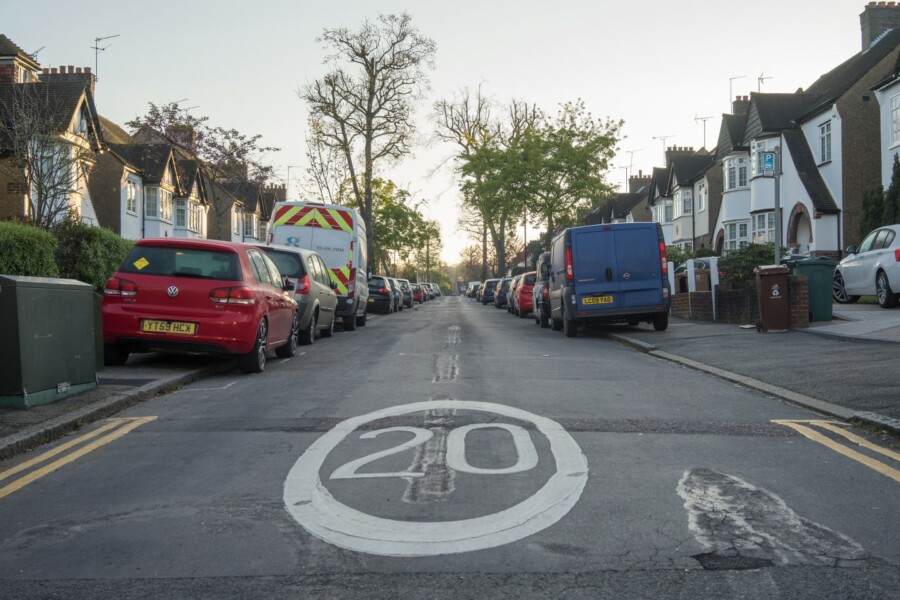Landmark judgments will help child abuse survivors seeking compensation
Jonathan Wheeler discusses two decisions handed down by the Supreme Court last week.
Many claims for compensation for abuse are brought against those who employed the abuser. This is so where the abuser has gained access to their victim through their job – be it a teacher, a social worker, a scout leader or a priest. The law says that employers are liable for the acts and omissions of their employees and employers will usually have insurance, or the funds to pay out in the wake of a successful compensation claim, whereas the individual abuser may not.
Pinning liability on an employer
In order to convince the court that an employer should be liable in this way, we need to show that the abuser was employed, or in a relationship ‘akin to employment’ with the defendant, and that the abuser was carrying out duties ‘closely connected’ with that employment. Both these hurdles can be difficult to overcome, depending on the facts of the case. The Supreme Court last week provided some useful guidance to claimants and their lawyers, and arguably extended the law, to the benefit of people claiming compensation.
Mrs Cox’s case
The first judgment was given in Cox v Ministry of Justice, and concerned the first part of the test – whether the person who harmed the claimant was in a relationship akin to employment with the defendant. Cox was not an abuse case, or even one where the wrongdoer deliberately caused harm, although it will apply to abuse cases in the future.
Mrs Cox was a catering manager at a prison. The prison kitchens employed staff but also relied on prisoners to help out, for which they received a nominal wage. Mrs Cox was injured when a prisoner working in the kitchen dropped a sack of rice on her back. She sued the Ministry because they ran the prison, and the prisoner was in a relationship ‘akin to employment’ with it. It was accepted that it was the prisoner’s fault that the accident happened. However the Ministry disputed that it could be held liable because they said the prisoner was not an employee. The Supreme Court felt this was a technical argument to avoid liability and would not be tolerated. Whilst the relationship between employer and employee is a voluntary one, the relationship between prisoner and gaoler is one born of compulsion and as such there is an even closer relationship between them. In addition, the prisoner helping out in the kitchens was furthering the aims of the prison operators, which included feeding the other inmates and staff: Mrs Cox succeeded.
We are often in the situation of pursuing defendants who are not obviously employers of the abuser. For example: priests, foster carers and volunteers like scout leaders. This judgment clarifies the law and makes it easier to establish that relationship ‘akin to employment’ between the abuser and the defendant as his employer.
Mr Mohamud’s case
The second case was Mohamud v WM Morrison Supermarkets Plc, and concerned the second part of the test – whether there was a close connection between what the employee did, and what he was employed to do. The defendant did not dispute that it employed Mr Khan, who was a customer service assistant at a petrol station operated by the defendant. The claimant visited the petrol station as a customer and asked – perhaps rather unusually – whether they could print some documents from a USB stick for him. Mr Khan refused, and launched into what appears to be a racially motivated verbal attack on the claimant, who left the kiosk and went back to his car, parked on the forecourt. Khan followed him, dragged him out of his car and viciously physically assaulted him. The claimant sued Morrisons for the harm caused. The supermarket chain disputed the case, saying that the assault was so far removed from what Khan was employed to do, it would not be fair to saddle them with the liability to pay compensation. Both the first judge, and then the Court of Appeal, agreed. The Supreme Court changed that: In future, what the courts must do is look at the ‘field of activities’ which the employer has entrusted to the employee in order to carry out his job. When one is dealing with intentional acts of violence (or abuse) one has to consider this very broadly. Here, Khan’s job was to serve customers and respond to their queries. His conduct was objectionable in the extreme, but that is what he was doing – in a way – and there was an unbroken sequence of events between the customer asking his question, and Khan beating him up on his employers’ premises.
This is often a difficult area for us, because abusing children is never something that an employer on the right side of the law will expressly authorise. Previous cases have suggested that we need to show that the abuser had some responsibility for looking after children – which is grossly abused of course in the act of ill treating them – but which nevertheless pins liability on the employers. This case may well extend the concept further and will certainly help our clients in their compensation claims in the future.
Well done!
It is gratifying to have the law on these issues extended and explained by the highest court in the land and we congratulate Mrs Cox and Mr Mohamud on their well deserved victories.









